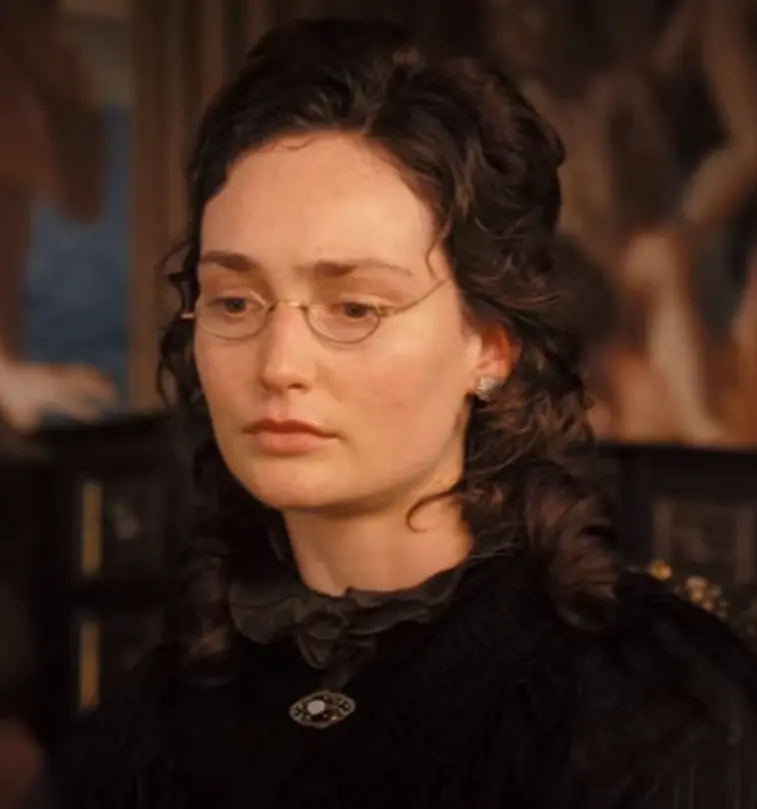Janeite Spotlight: Introducing Angela Kuempel
- Sarah Hurley
- Nov 12, 2024
- 3 min read
Hello again, dear readers! This year, we’ve begun a blog series highlighting Austen-lovers around the world—sharing how they first discovered Austen’s fiction, why they love Austen, how they’ve contributed to the Janeite community, you get the picture. Fans, who cultivate and engage in discourse surrounding Austen’s life and fiction, participate in workshops and conventions, host book clubs, and don I ❤️ Darcy merchandise with pride (but hopefully not prejudice—wink, wink), are the reason Jane’s spirit survives in the twenty-first century. We deserve a shout-out! And we deserve the chance to connect with like-minded individuals across the world. This Janeite Spotlight celebrates Angela Kuempel, Regional Coordinator for the Jane Austen Society of North America’s South Central Texas branch, who is passionate about celebrating neurodiversity in Austen’s fiction.

Angie began her career as a stockbroker, but a month after the tragic events of September 11, 2001, she was laid off. With a one-year-old already at home, she decided to become a full-time stay-at-home mom. It was during this time that she first discovered Jane Austen, watching the BBC’s 1995 television adaptation of Pride and Prejudice with her mother and sister. She had never encountered Austen before—in fact, she hadn’t read the works of any female writers in high school, besides Emily Dickinson—but she loved it.
A few years later, after spending months reading several non-fiction books on autism to better understand her autistic nephew, Angie decided she needed to jazz things up with some lighter fiction-reading. She eventually settled on Pride and Prejudice (although she had loved the BBC adaptation, she hadn’t yet found the time or motivation to explore the show’s source material). And as Angie was reading, all she could think was, “Wow, look at all these characters with autism!”

She noticed that Austenian characters like Lady Catherine, Mr. Collins, and even Mr. Darcy have trouble seeing things from other people’s point of view, understanding social cues, and communicating clearly with others. She was particularly interested in the character of Anne de Bourgh, who Angela believes exhibits a language delay or other communication disorder. Although Anne seems to speak on a few occasions (i.e. Lizzy sees her talking in the carriage outside Mr. Collins’s house), we never actually hear her voice in the novel; Mrs. Jenkinson, her former governess, almost always speaks on her behalf.
While reading her novels, Angie was surprised to find that Austen seemed so familiar with our modern understanding of neurodivergence, a concept which did not gain mainstream prominence until the late twentieth century. However, as she began reading more on Jane’s life and family—several members of which exhibited certain signs of neurodivergence—the pieces began to click into place. Despite James-Edward Austen-Leigh’s claim that his aunt would never “t[ake] her characters from individuals with whom she had been acquainted,” pieces of the people she knew and loved likely slipped themselves into her writing.
As a Regional Coordinator for JASNA, Angie loves leading book clubs and other in-person events for her local chapter. She also enjoys watching Jane Austen & Company live streams (whoop, whoop!) and attending JASNA’s annual general meetings with her mother, who has become an equally passionate Janeite in her later years. Angie also writes Austen-inspired short stories, especially revolving around side characters she sees as neurodivergent. Her favorite “Austen boyfriend” is the ever-swoony Captain Wentworth, and she loves retellings and spin-offs of all kinds.

“I’m one of those people who likes all the Austen adaptations,” she says with a laugh.
When asked which Austen character she relates to most, she hesitates, then answers, “I think that at different points in your life, you see yourself as different heroines in the canon, and so I think I’ve graduated to Anne [Elliot].” Very wisely, she adds that American readers tend to like Elizabeth Bennet because she is a very “American” heroine—bold, funny, and unafraid to speak her mind. “Before I knew who Jane Austen was, I think I was pretty Lydia [Bennet],” Angie says, shaking her head. “Luckily, I outgrew that!”
Excerpted from Zoom interview with Angela Kuempel on March 24, 2024.
If you enjoyed this article, please consider making a donation to keep all online Jane Austen Summer programming free to the public.








Comments